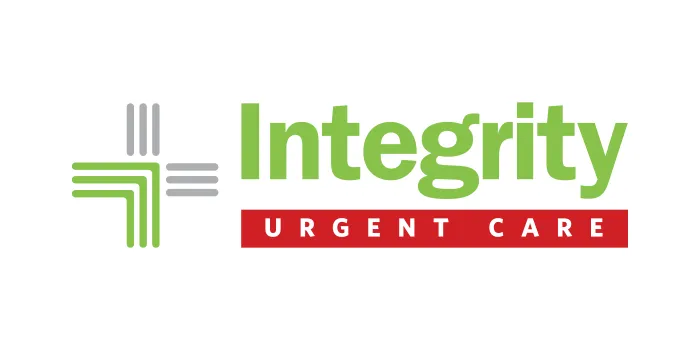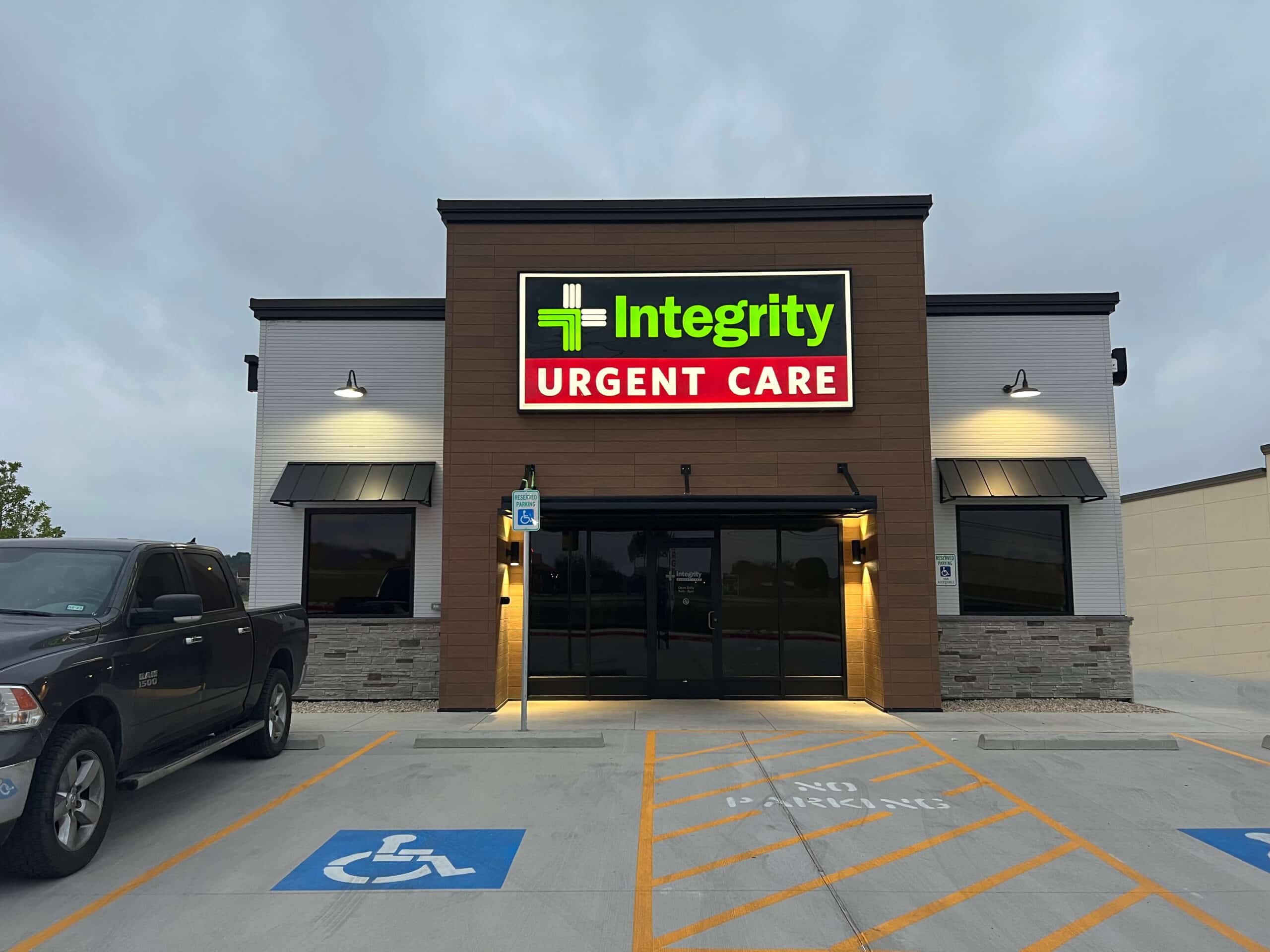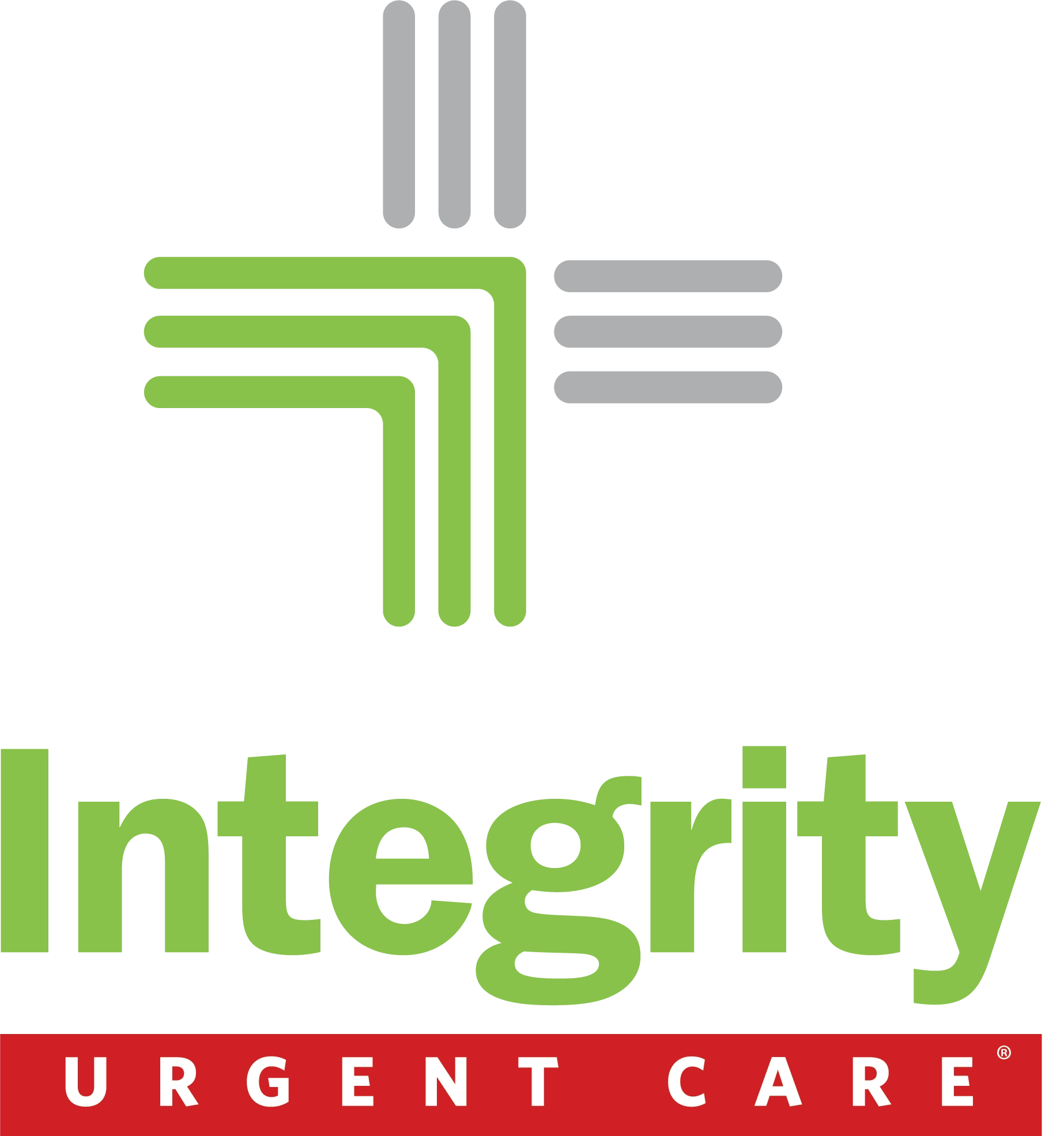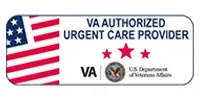As students and parents prepare for the new school year, one thing that may be easy to overlook on your “to do” list is healthcare coverage. With those long lists of books, furnishings, late-night study snacks and beverages, clothes, and everything else, one thing you don’t want to forget is adequate healthcare coverage. With the wide variations in health insurance plans and coverage options, there are some important things to keep in mind as you consider whether the coverage you have meets the needs of your student.
What are the options?
- Many parents choose to keep their students on their own health care plan if possible, usually until age 26. Even some “life events,” (getting married, having a child, living on their own, and getting a job that offers health insurance) do not exempt students from remaining on their parents’ plan if they are still dependents. Be sure to check individual plans to know what your coverage options are.
- If the student is on their parents’ plan, be sure to understand the coverage limits and specifics of the location where your they are living or attending school to avoid out-of-network provider fees. For example:
- Are there doctors and hospitals on your plan’s network nearby?
- Is there an urgent care center available?
- Does the plan include pharmacy coverage, and are mail-order medications an option for existing prescriptions?
- If a student is enrolled at a school which offers a healthcare plan, in most cases this counts as qualifying health coverage under the criteria of the Affordable Care Act (ACA). This means the plan includes a number of essential healthcare benefits, including: emergency visits, preventive and wellness services, prescription drugs, lab tests, ongoing disease management, and others. A student health plan may offer rates which are less expensive than a parents’ plan or a plan available through a marketplace plan. And, students may find an on-campus health center to be a convenient choice for routine needs, such as allergy shots, flu shots and strep tests.
Tips to help your student stay healthy at school: Going away to college (and living away from home) is an exciting time, but also involves new challenges, risks, and responsibilities. There are many new pressures and sources of stress too. Here are a few key tips for parents and students to keep everyone healthy and safe – and get the most of these exciting years!
- Eat a balanced diet. (Parents: resist the urge to send your student Sonic gift cards and opt for some protein bars, popcorn, dried fruit, and other healthy snacks in those care packages.)
- Get enough sleep.
- Get some sort of regular physical exercise.
- Keep up-to-date with necessary and recommended check-ups and immunizations. For example, watch for reminders when it’s time to get a flu shot.
- Make smart choices about drugs, alcohol, and sexual activity.
- Get help if you feel stressed or depressed.
- AND, know where the closest urgent care facilities are which accept your insurance plan – both on and off-campus – and what their hours are.
And, don’t forget! Most, if not all, colleges and universities, even community colleges where students do not live on campus, require several immunizations – both boosters of earlier ones and some specific to college students and young adults. Integrity Urgent Care is a quick and easy way to get this checked off your list! Call us or stop in at your nearest location. We’re here every day, 8 am to 8 pm, and appointments are not needed. Get this year off to a healthy start!
Resources:
Blue Cross BlueShield of Texas. Prep your college student for a healthy year [online]. 2018 [cited 3 Aug 2018]. https://lifetimes.bcbstx.com/article/student_health_plan
MedlinePlus.gov. College health [online]. Updated 25 May 2018 [cited 3 Aug 2018]. https://medlineplus.gov/collegehealth.html






